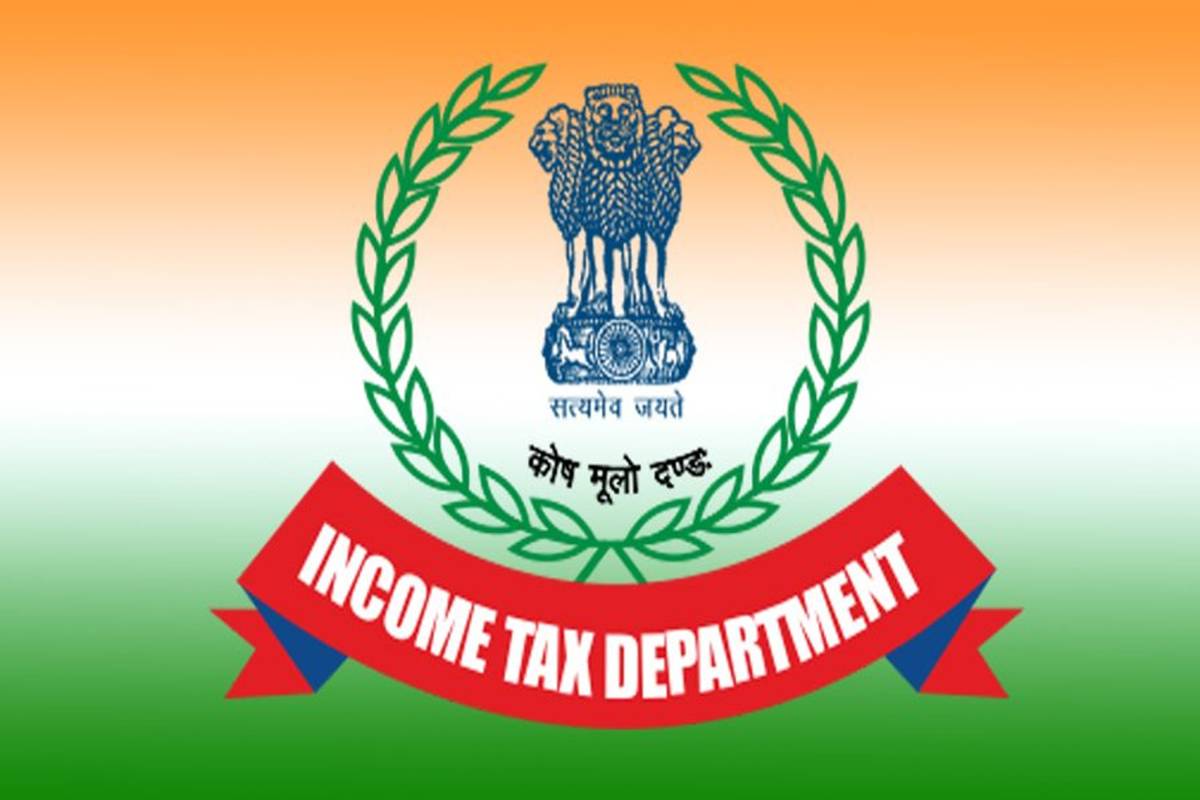Intrusions without probable cause
Starting in April 2026, tax officers in India may be able to force open not just your safes and filing cabinets but also your WhatsApp, cloud storage, and encrypted chats.
The government’s new Income Tax Bill promises to streamline taxation with simpler language and fewer sections.
SNS | New Delhi | February 16, 2025 9:34 am

Representational Image
The government’s new Income Tax Bill promises to streamline taxation with simpler language and fewer sections. While the move to replace the complex 1961 Act is welcome, some provisions raise serious concerns about privacy and excessive state authority. One of the most contentious aspects is the requirement for taxpayers to provide tax officials with access codes to their computers during search and seizure operations.
This provision significantly expands the powers of tax authorities, allowing them to scrutinise digital records with minimal resistance. While the rationale may be to curb tax evasion, the implications for privacy, data security, and potential misuse cannot be ignored. Surely, the government realizes that citizens do not only store financial information on personal computers. The concern is not just theoretical. India’s regulatory and legal framework for data protection is still evolving. Giving officials unrestricted access to personal and financial data without strong safeguards risks violating fundamental privacy rights. Unlike established legal principles that require due process before breaching private data, this provision could enable fishing expeditions rather than targeted investigations.
Advertisement
The balance between tax enforcement and individual rights must be carefully maintained. Another key change is the replacement of “assessment year” and “previous year” with a single “tax year.” While this may seem like a minor adjustment, it aligns India’s tax system with global practices, reducing confusion for businesses and individual taxpayers. For years, the dual terminology created unnecessary complexity, particularly for those unfamiliar with tax jargon. Standardising to a single term simplifies compliance and is a positive step. The Bill also seeks to make the tax code more accessible by cutting down the number of sections and simplifying language. The intention is to create a more transparent system that reduces ambiguity and the scope for misinterpretation. However, the real test will be in implementation. India’s tax administration is notorious for its procedural delays and inconsistent interpretations of law.
Advertisement
Merely rewriting the Act in simpler language will not eliminate bureaucratic hurdles unless accompanied by structural reforms in tax administration. Moreover, concerns persist about the unchanged broad powers of tax authorities. Over the years, businesses and individuals have frequently raised alarms about arbitrary actions during tax searches. The new Bill does not dilute these powers but instead reinforces them by mandating active cooperation from taxpayers in ways that could infringe on their rights.
A more balanced approach would have been to introduce stronger oversight mechanisms to prevent abuse of authority. In essence, while the Bill offers a much-needed update to India’s tax structure, it also introduces provisions that demand greater scrutiny. If the aim is to foster trust in the tax system, the government must ensure that enforcement mechanisms do not become tools of overreach. Privacy protections, judicial oversight, and clear guidelines on digital searches must be integral to this reform. Otherwise, simplification could come at the cost of individual freedoms, an outcome that a democracy must guard against, and may not stand judicial scrutiny.
Advertisement
Starting in April 2026, tax officers in India may be able to force open not just your safes and filing cabinets but also your WhatsApp, cloud storage, and encrypted chats.
The salary portal for the teaching and non-teaching staff in West Bengal Government schools continues to show on the payrolls the names of the 25,753 staff members whose jobs were terminated following an order by a Division Bench of the Supreme Court last week.
Tata Steel received an income tax order on Friday which increases its FY 2019 taxable amount, pertaining to the merger of Bhushan Steel with the Tata Group company back in 2019. Bhushan Steel has been renamed as Tata Steel BSL Limited, the company stated.
Advertisement
